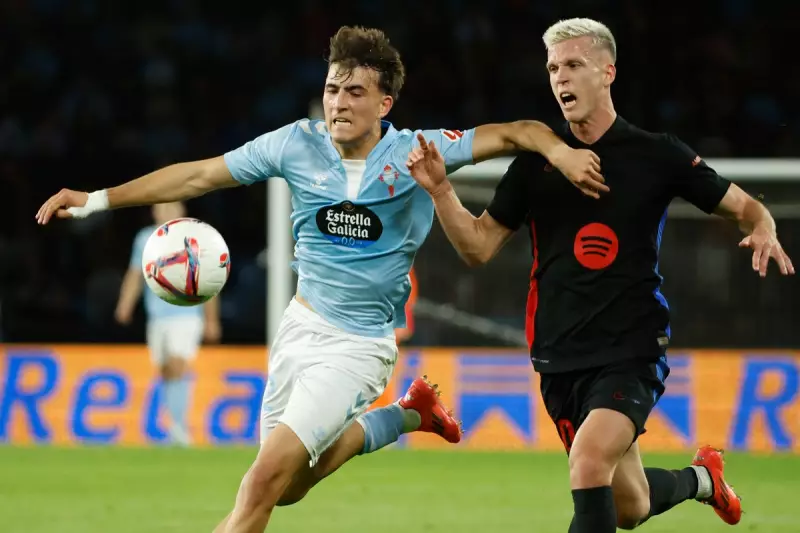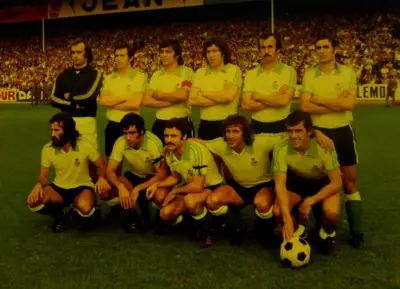
European football is braced for a major confrontation as UEFA's controversial revamp of the Champions League has drawn scathing criticism from Europe's top domestic leagues. The new format, set to be introduced for the 2024/25 season, has been labelled a 'de facto Super League' by its detractors.
The heart of the dispute lies in the expansion to a 36-team league and the introduction of the so-called 'Swiss model'. This system will see each team play a minimum of eight matches against different opponents, significantly increasing the overall number of games and, critics argue, concentrating revenue and power among a select group of elite clubs.
Domestic Leagues Voice Their Fury
La Liga and Serie A have emerged as the most vocal opponents. In a strongly worded statement, a spokesperson for La Liga accused the new format of 'prioritising the wealth of a few over the health of the many'. The league fears the increased fixture congestion and financial disparity will severely damage the competitiveness and appeal of domestic competitions like Spain's La Liga.
The sentiment is echoed in Italy. Serie A released its own critique, stating the changes 'further widen the competitive and financial gap' between a handful of super-clubs and the rest. This united front from two of Europe's 'Big Five' leagues signals a significant rebellion against UEFA's governance.
A Clash of Visions for Football's Future
The backlash underscores a fundamental tension in modern football. UEFA positions the expansion as a way to include more teams and generate greater revenue for reinvestment across the continent. However, leagues and many fans see it as a cynical power grab that mimics the widely condemned, and ultimately collapsed, European Super League project.
With the first match under the new format less than a year away, the controversy shows no signs of abating. The coming months will test whether UEFA can placate its most powerful stakeholders or if this rebellion will force a last-minute rethink of European football's future.





